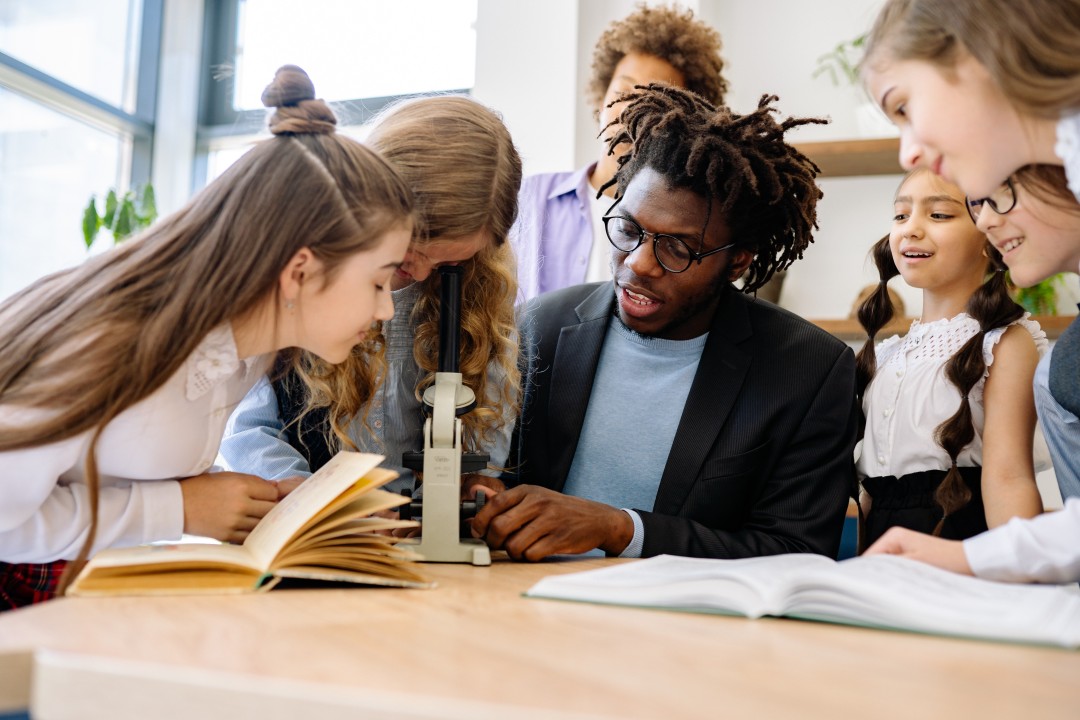Teaching is a dynamic profession that requires educators to constantly adapt and refine their strategies to meet the needs of their students. In the quest for enhanced student learning and engagement, the power of pedagogy cannot be overlooked. By understanding and implementing effective pedagogical strategies, educators can create transformative learning experiences that empower their students. In this blog, we will explore various strategies that educators can employ to unleash the full potential of pedagogy in the classroom.
I. Understanding Pedagogy
Pedagogy refers to the art and science of teaching and encompasses the methods, approaches, and techniques used to facilitate learning. It is the foundation upon which effective teaching is built. When educators embrace pedagogy, they recognize that their role extends beyond the dissemination of information and becomes a facilitator of learning. By understanding the importance of pedagogy, educators can create meaningful learning experiences that promote student success.
II. Creating an Engaging Learning Environment
One of the key elements of effective pedagogy is the creation of an engaging learning environment. A positive and inclusive classroom setting fosters student engagement and encourages active participation. Educators can achieve this by incorporating various strategies such as:
- Establishing clear expectations and classroom norms
- Encouraging student collaboration and discussion
- Incorporating hands-on activities and real-world examples
- Using multimedia resources and interactive technologies
III. Differentiated Instruction for Diverse Learners
Every student has unique strengths, challenges, and learning styles. To cater to the diverse needs of their students, educators should embrace differentiated instruction. This approach involves tailoring instruction to meet individual student needs and preferences. Some effective strategies for differentiated instruction include:
- Assessing students’ prior knowledge to determine instructional starting points
- Offering a variety of learning materials and resources
- Providing flexible grouping options based on students’ abilities and interests
- Adjusting the level of challenge and complexity in assignments and assessments
IV. Incorporating Technology for Enhanced Learning
In today’s digital age, educational technology plays a vital role in pedagogy. Integrating technology tools and resources into teaching practices can enhance student learning experiences. Educators can harness the power of technology by:
- Using interactive whiteboards, multimedia presentations, and educational apps
- Facilitating online discussions and collaborative projects
- Providing access to online research and information sources
- Incorporating gamification and interactive simulations
V. Assessment and Feedback Strategies
Assessment and feedback are integral components of effective pedagogy. Ongoing assessment allows educators to gauge student progress and tailor instruction accordingly. Constructive feedback provides valuable insights for student growth and improvement. Educators can implement effective assessment and feedback strategies by:
- Utilizing a mix of formative and summative assessments to gauge learning progress
- Offering timely and specific feedback that focuses on strengths and areas for improvement
- Encouraging self-assessment and reflection to promote metacognitive skills
- Involving students in the assessment process through peer feedback and self-evaluation
VI. Cultivating Critical Thinking and Problem-Solving Skills
In an ever-evolving world, critical thinking and problem-solving skills are essential for student success. Educators can foster these skills by:
- Encouraging inquiry-based learning and open-ended questions
- Providing opportunities for students to analyze, evaluate, and synthesize information
- Promoting collaboration and teamwork to solve complex problems
- Engaging students in real-world scenarios and authentic projects that require critical thinking
VII. Professional Development for Educators
To effectively implement powerful pedagogical strategies, continuous professional development is crucial. Educators should actively seek opportunities for growth and learning. Some avenues for professional development include:
- Attending workshops, conferences, and webinars focused on pedagogy
- Participating in collaborative learning communities and professional networks
- Engaging in action research and reflective practices to refine teaching strategies
- Pursuing advanced degrees or certifications related to pedagogy and education
Takeaway
Unleashing the power of pedagogy is a transformative journey for educators. By understanding and implementing effective pedagogical strategies, educators can create engaging learning environments, cater to diverse learners, leverage technology for enhanced learning experiences, provide meaningful assessment and feedback, cultivate critical thinking skills, and engage in continuous professional development. As educators embrace these strategies, they empower their students, opening doors to limitless possibilities and setting them on a path to lifelong learning and success. Let us unleash the full potential of pedagogy and shape the future of education together.

